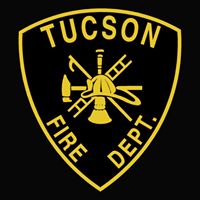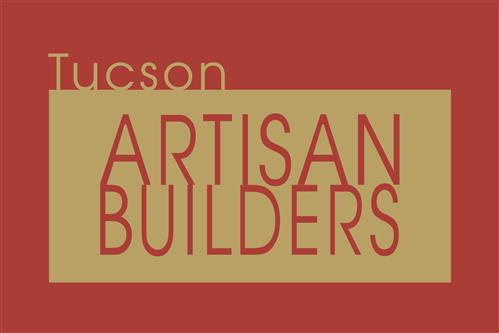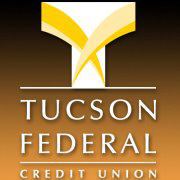July 24, 2012 Laura Penny
She's spent the last 35 years of her life fighting for fairness
Laura Penny has been a feminist for 35 years, from the time when she was a 16-year-old fry cook at a pool snack bar--and got fired for being a girl. She was a girl, no doubt, but her employers dismissed her based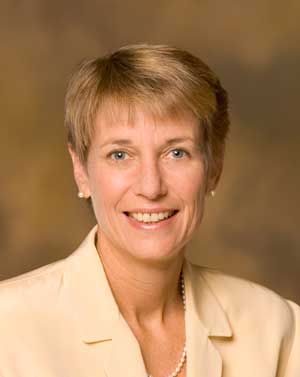 on an assumption that she couldn't lift and dump the snack bar's big trash can, she says. It was patently unfair, and it upset Penny.
on an assumption that she couldn't lift and dump the snack bar's big trash can, she says. It was patently unfair, and it upset Penny.
Since then, she has devoted herself to fighting for fairness. Armed with a degree in psychology, Penny gravitated toward working with marginalized populations; when she moved to Tucson in 1979, she got a job treating people with alcohol and drug problems, and even did a stint as a probation officer. Later, when her gay brother was the victim of a fatal hate crime, she started working for the rights of gay, lesbian, bisexual and transgender folks; she's currently on the board of Wingspan.
The Women's Foundation funds a whole range of projects centered on women's safety and fighting domestic violence, including treatment centers for domestic-violence victims. But its real goal is to promote social change so that violence doesn't happen in the first place, and so that women are more empowered in all capacities--even in the garage. "Girls With Tools," for example, teaches elementary-age girls to use woodworking power tools and is now operated by the YWCA. For girls a little older, there's Bio-Link, a current foundation grantee run through the UA that gears girls up for careers in science, technology, math and engineering.
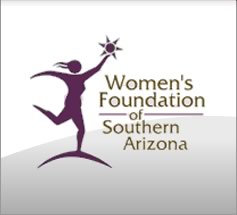 One of Penny's favorite programs, Desert Dove Farm, actually focuses on males, stopping domestic violence at one of its sources by helping boys who come from families plagued by the problem.
One of Penny's favorite programs, Desert Dove Farm, actually focuses on males, stopping domestic violence at one of its sources by helping boys who come from families plagued by the problem.
Penny has a parable to explain her group's goal: "Rather than pulling the drowning woman out of the river, we want to go upstream and prevent her from falling in, in the first place. And if we can't keep her from falling in, we want to make sure she at least knows how to swim."
To spread the spirit of compassion, the foundation started Unidas, a program that gathers motivated high school girls from across Tucson and trains them in leadership, social justice and philanthropy, giving them $10,000 to allocate to an issue that's important to them at the end of the year. Several years ago, Penny recalls, one of those girls--a domestic-violence victim--gave a speech at a foundation luncheon describing the bond she developed with her peers in the program and talking about how she'd decided not to let her victimization stop her from achieving her dreams. The 650 people burst into spontaneous applause.
So, what does the social climate look like for women and girls nowadays? The Women's Foundation has just completed a report in answer to that question, to be published in 2009.
"There are some bright spots," Penny says. "Are things better than they were in 1973, when I got fired for being a girl? Yes. ... But we still have a long way to go. We're trying."
Anna Mirocha
Download the website sponsorship guide

